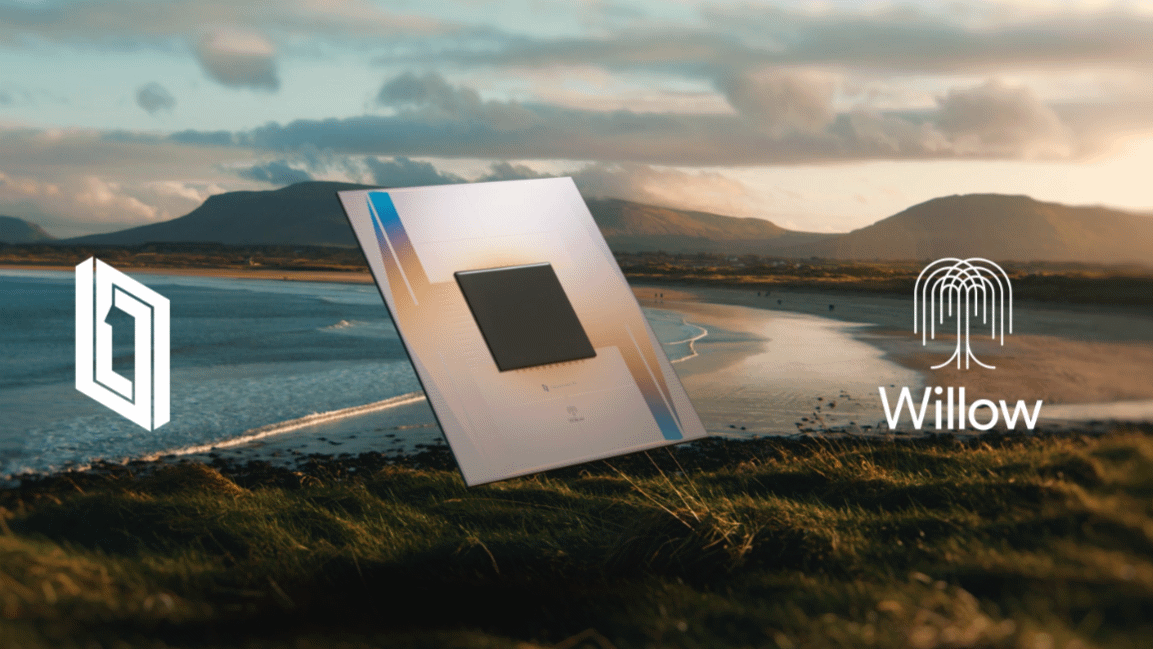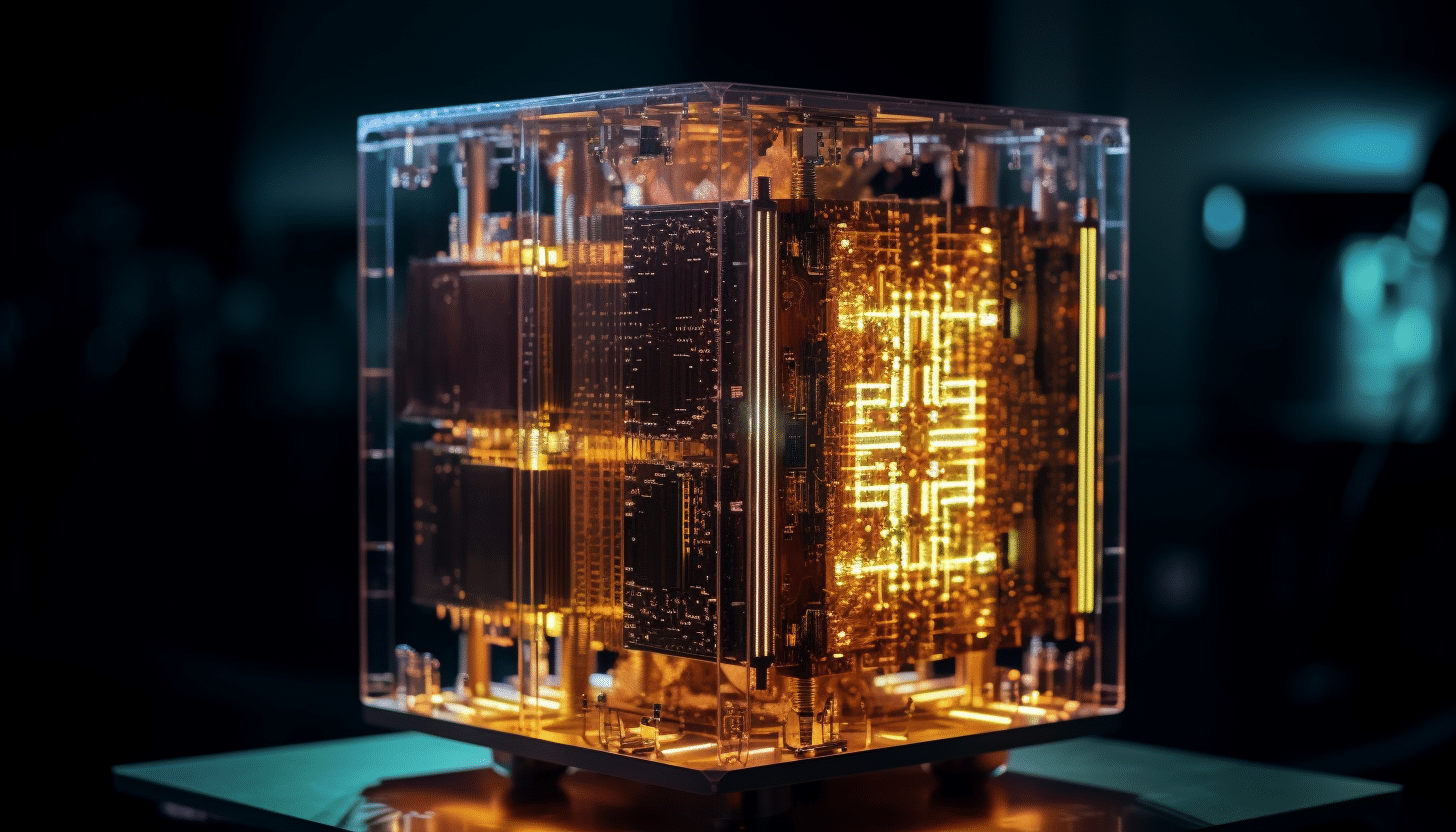
Willow: Google reveals new quantum chip offering incomprehensibly fast processing
For all of the focus on AI, for many people, the future lives in quantum computing. Google is among those who agree, and the company has just unveiled its latest advancements in the field -- its quantum chip, Willow. Like quantum physics and quantum mechanics, the numbers and concepts involved in quantum computing are extraordinarily difficult to imagine.
Revealing its advancements, Google says that its quantum chip took less than five minutes to perform tasks that would take even the fastest supercomputers 10 septillion years. Providing some sense of perspective, Google points out that this is “a number that vastly exceeds the age of the Universe”. So what is it that makes Willow so special -- and so fast?

From classical to quantum: A new era in computing
Data is a business’s most critical asset, and companies today have more data than ever before. IDC projects that by 2025, the collective sum of the world’s data will reach 175 zettabytes. This data has immense potential to be leveraged for informed decision making, but across industries, organizations struggle to harness the power of their data effectively due to the limitations of traditional computing technologies. These systems are often lacking in speed, accuracy, and energy efficiency, making it increasingly difficult for businesses to harness valuable insights. The need for more powerful computing solutions is becoming urgent as businesses grapple with the ever-growing complexity and volume of data.
Enter quantum computing, which addresses these limitations by providing a powerful alternative. Representing a significant leap forward from classical computing, quantum computing offers unprecedented speed and problem-solving capabilities. Traditional computers process information using bits, which can only be in a state of one or zero. In contrast, quantum computing uses quantum bits, or qubits, which leverage the principles of superposition and entanglement. Qubits can exist in multiple states simultaneously -- both one and zero and everything in between -- allowing quantum computers to perform operations much faster than classical systems.
